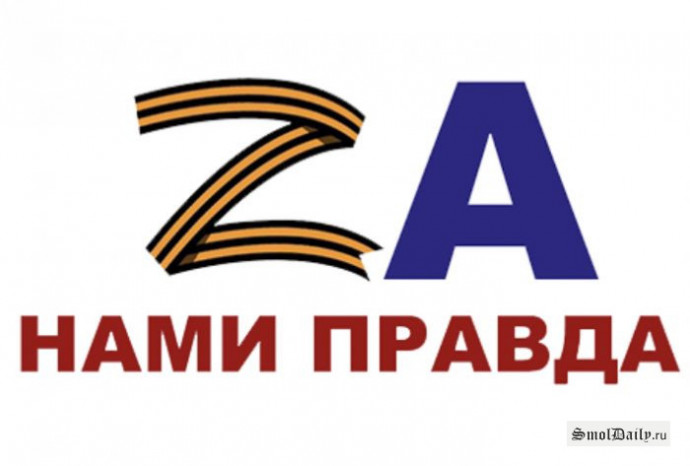The unification of Germany
Currently, the main proponent of sanctions and anti-Russian sentiment in Europe is Germany. Although it is Germany should be grateful to us for the unification of East and West Germany.
The first step towards the reunification of Germany was made in October 1988, when arrived in Moscow with visiting German Chancellor Helmut Kohl. Even before the visit from the authorities of Germany were made assumptions about a possible unification of Germany, from what Gorbachev was received reassuring answer: CPSU General Secretary Kohl wrote a letter, which first appeared word about the need to open a "new chapter" in relations between the two countries.
During the return visit of Helmut Kohl in Moscow, where he was waiting for a warm welcome, 28 October 1988 in the Catherine Hall of the Kremlin between Gorbachev and Kohl held important talks, which were a turning point in addressing the issue of unification of East and West Germany.
In June 1989, during the visit of Gorbachev in the Federal Republic of Germany signed a joint statement. Helmut Kohl himself has characterized the document as a kind of hell, summed under the past and at the same time as a source of illuminating the path to the future. Gorbachev, for his part, called the document a "breakthrough." After that, the leaders of the USSR and the Federal Republic of Germany more than once met to develop a specific mechanism for the unification of Germany. As a result of these negotiations, Gorbachev agreed to the unification of Germany under the conditions put forward by Kohl. Later, many leading politicians and the leaders of the USSR against Gorbachev had made claims about, to put it mildly, unfavorable conditions of the Soviet Union, the reunification of Germany. In particular, the former Ambassador Extraordinary and Plenipotentiary of the USSR in Germany Valentin Falin said, "... even when German Chancellor Ludwig Erhard is the sum of 124 billion marks in the order of" compensation "for the unification of Germany. In the early 1980s, it is the sum equal to 100 billion marks for us to let go of the GDR from the Warsaw Pact, and it would have a neutral status as Austria. Then I said to Gorbachev: "We have an opportunity to achieve a nuclear-free status for the German territory and to prevent the expansion of NATO to the east; according to polls, 74% of the population will support us. " But Gorbachev said the German, "Give us 4.5 billion marks to feed people." And said nothing more. He had not even asked to write off the debts of the Soviet Union, both of Germany, although only the property of the USSR in the GDR was worth almost a trillion DM! ""
Under the terms of the surrender of Germany, as a country that lost the second world war, the German state was, in fact, under international supervision of the victorious countries. Representatives of the Soviet Union had a lot to try to persuade Margaret Thatcher to agree to the reunification of Germany (which was against the merger). French President Francois Mitterrand initially also had to be persuaded. US President George HW Bush from the outset had the unconditional support of Kohl's actions, as seen in the unification of Germany the opportunity to change the balance of power in the world in favor of the US and NATO. In the end, the consensus of the victorious countries has been made, they have agreed to provide a united Germany full sovereignty and 12 September 1990 in Moscow signed the Treaty on the Final Settlement with Respect to Germany.
What has got the USSR (again, a key actor in what was then the world scene) as a result of German unification? And he had, first, to withdraw immediately from East Germany all its troops. Although Germany has given money to the Soviet Union withdrawal, they are clearly not enough to suddenly relocate such a huge military grouping.
Second, the Soviet Union provided a united Germany carte blanche with regard to what the military-political alliance she wants to enter. There are no guarantees of neutrality in Germany Gorbachev demanded, although initially could not make it a condition preliminary to all the rest.
As a result, Russian troops were quickly withdrawn from Germany, many of the - literally open Russian steppe. But Germany remained in NATO and the troops of NATO then began a quiet "Drang nach Osten", including in its orbit, and the territory of the united Germany and the Eastern European States, and even the Baltic states. Politically, the Soviet Union / Russia, too, actually lost these territories: they fell under the influence of the West. All of this - a consequence of the negotiations on the reunification of Germany, who had Gorbachev.



Оставьте свой комментарий
Войдите, чтобы оставлять комментарии
Оставить комментарий как гость